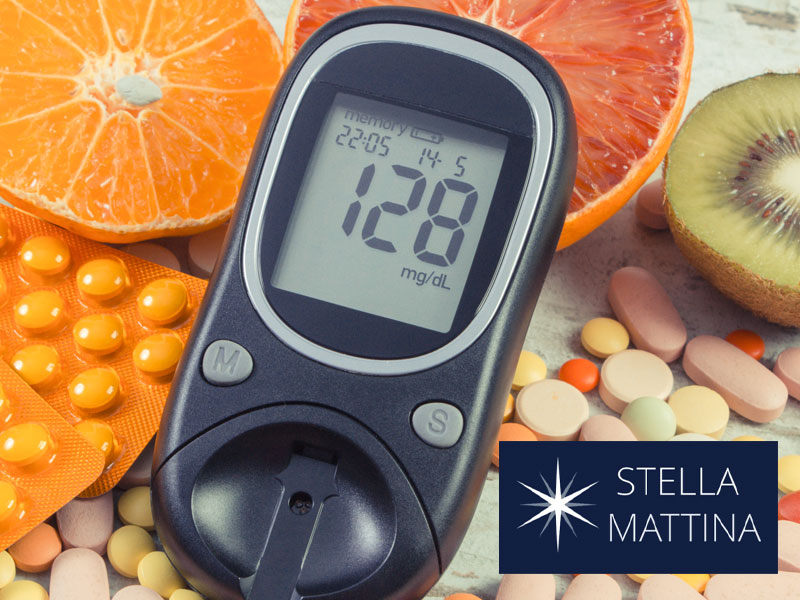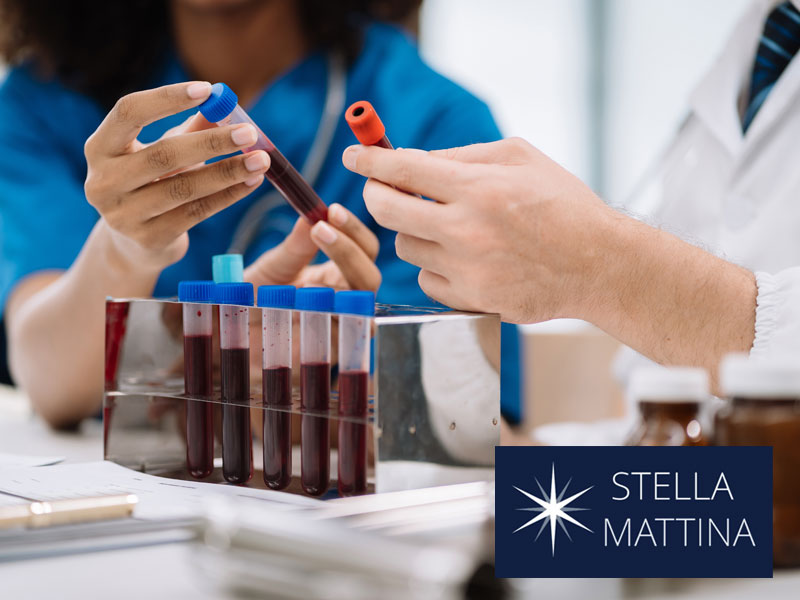Navigating menopause brings many physical and emotional changes. And when combined with diabetes, this phase can add new layers to your challenges and the way...
read moreDr. Theodore J. Krum, MD
Can You Reverse Type 2 Diabetes?
A diagnosis of type 2 diabetes can feel daunting. It’s a challenging, chronic condition – but recent advances in healthcare suggest that with the right...
read moreWhat Does a Full STD Panel Consist Of?
Sexual health is a vital aspect of your overall well-being, and regular testing for sexually transmitted diseases (STDs) plays a crucial role in maintaining both...
read moreBreast Cancer Screening and Awareness: A Comprehensive Guide
You’ve probably heard about October Breast Cancer Awareness every year. The aim is to increase awareness, promote education, and encourage early detection of breast cancer...
read moreWhen Should You Get Your First Mammogram?
We’re writing this post in October, which is Breast Cancer Awareness Month. Early detection of breast cancer can significantly increase your chances of successful treatment....
read moreHormone Therapy for Osteoporosis
Osteoporosis is a silent yet significant health concern that affects millions worldwide, particularly postmenopausal women. However, hormone therapy for osteoporosis can offer hope if you’re...
read moreYour Third Trimester Checklist
The third trimester of pregnancy (weeks 28 to 40) marks the final stretch before you meet your baby, a time of excitement and preparation. In...
read morePostmenopausal Osteoporosis – What You Need to Know
Did you know that approximately 10 million people have osteoporosis in the United States? And about 80% of these cases are women. Additionally, another 44...
read moreWhat is an Annual Exam for Women?
One of the most vital steps for long-term wellness is attending your annual exam for women, often part of a broader wellness checkup. In this...
read moreRecognizing the First Signs of Pregnancy with PCOS
If you’re desperate to recognize signs of pregnancy with PCOS, we get you. It’s challenging because with polycystic ovary syndrome (PCOS) you can have overlapping...
read more








